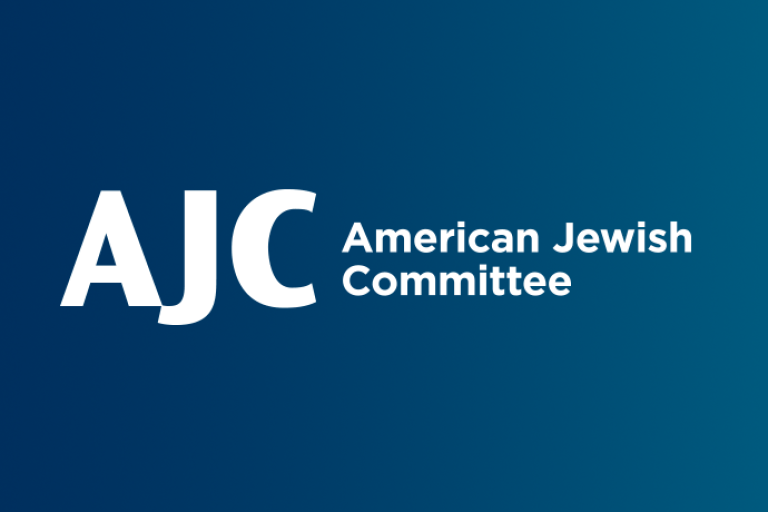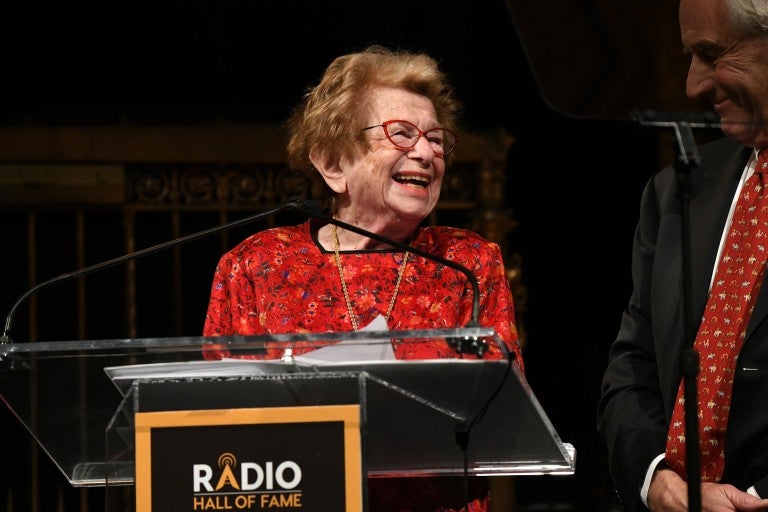July 16, 2015 — New York, New York
As the 21st anniversary of the deadly terror attack on the AMIA Jewish community center in Buenos Aires approaches, AJC remembers the victims, and remains profoundly disturbed by the failure to apprehend and convict anyone responsible for the bombing.
“Another year of delay, another year of justice denied for the AMIA bombing victims and their families,” said Dina Siegel Vann, director of AJC’s Arthur and Rochelle Belfer Institute for Latino and Latin American Affairs (BILLA). “The target was a Jewish institution, the victims were of different faiths, and an entire country, Argentina, continues to stumble in the search for justice.”
Siegel Vann will attend the official commemoration in Buenos Aires on Friday.
On July 18, 1994, 85 people, Jews and non-Jews, ranging in age from five to 73, died, and another 300 were injured, when a powerful bomb leveled the AMIA building. The official Argentine investigation, led by prosecutor Alberto Nisman, concluded in 2007 that Iran was responsible for the AMIA attack, the deadliest against a Jewish target in the Diaspora in decades. It came two years after the bombing of the Israeli embassy in Argentina’s capital city that took 29 lives. Interpol issued “red notices’ for the Iranian suspects, one of whom became defense minister, but no arrests were ever made.
Nisman’s mysterious death in January, on the eve of his presenting evidence against President Cristina Kirchner and Foreign Minister Hector Timerman for allegedly covering-up the investigation, added another layer of intrigue to a story of endless delays, bungling and accusations.
Among the biggest mishaps was the bizarre 2013 Memorandum of Understanding between Argentina and Iran to jointly investigate the 1994 bombing. At the time, AJC Executive Director David Harris said this is akin to “asking Nazi Germany to help establish the facts of Kristallnacht.”
AJC, a partner organization of the AMIA, has stood at the side of the Argentine Jewish community from the first moments of the tragedy in 1994, when an AJC group traveled to Buenos Aires to express solidarity with the victims and their families and to call for justice. Since then, AJC delegations have returned at least annually and met frequently with Argentine officials.


